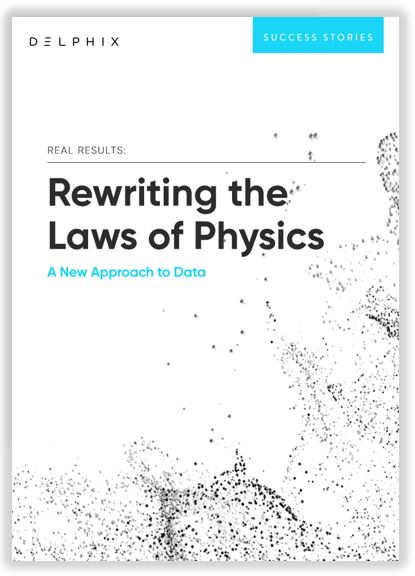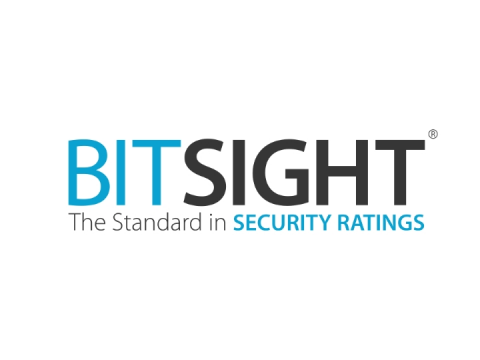GDPR Compliance: The Technology Essentials
In the following pages, we examine the role technology solutions from the areas listed above play in GDPR compliance. More importantly, we explain how these solutions can work together to help enable organizations to continually monitor for compliance.
Rewriting the Laws of Physics: A New Approach to Data
Imagine you could rewrite the laws of physics. Imagine you could fundamentally change the mass, entropy, and friction coefficient of data. For instance, what if you could provision as many databases as you want? What if you could refresh your data in just minutes? What if you could reduce the footprint of data by 90%? Or what if you could protect all of your non-production data—down to the second? You can do all these things with Delphix.
An Executive's Guide to GDPR Preparation
The new EU General Data Protection Regulation (GDPR) looms and will take effect in May 2018, but according to Gartner, less than 50 percent of companies* are on track to be compliant by the due date. GDPR is the most significant change in data privacy regulation in more than 20 years. It represents an extraordinary shift in the way businesses will be expected to operate when they gather, process, maintain, and protect personal data of EU data subjects. Any organization that retains information of EU data subjects must be in compliance or face huge fines of up to 4% of worldwide turnover.
Solution Brief: Demonstrating GDPR Compliance
Companies have worked hard over the past few years to design and implement GDPR compliance programs in time for the May 25, 2018 deadline. Internally, they may have generated hundreds or thousands of pages of project plans, policies, processes and reports – including Article 30 records of processing, Article 35 DPIAs, and much more.
Legitimate Interests: Being Comfortable with Uncertainty
With the EU General Data Protection Regulation right around the corner, you have probably heard that there will be six legal bases for processing personal data – consent, performance of a contract, compliance with a legal obligation, vital interests, public interest or official authority, and legitimate interests.
Operationalise Your Privacy Program
Automate GDPR record keeping.
GDPR: Managing the Risk From Processors
Monitor and regularly test third-party security performance and adherence to the GDPR. Key Takeaways:
Forrester Study of the Total Economic Impact (TEI) of the Absolute Platform
Absolute is the safety net that allows organizations to freeze the endpoint to stem any damage and then remediate and return the endpoint to productivity.


















